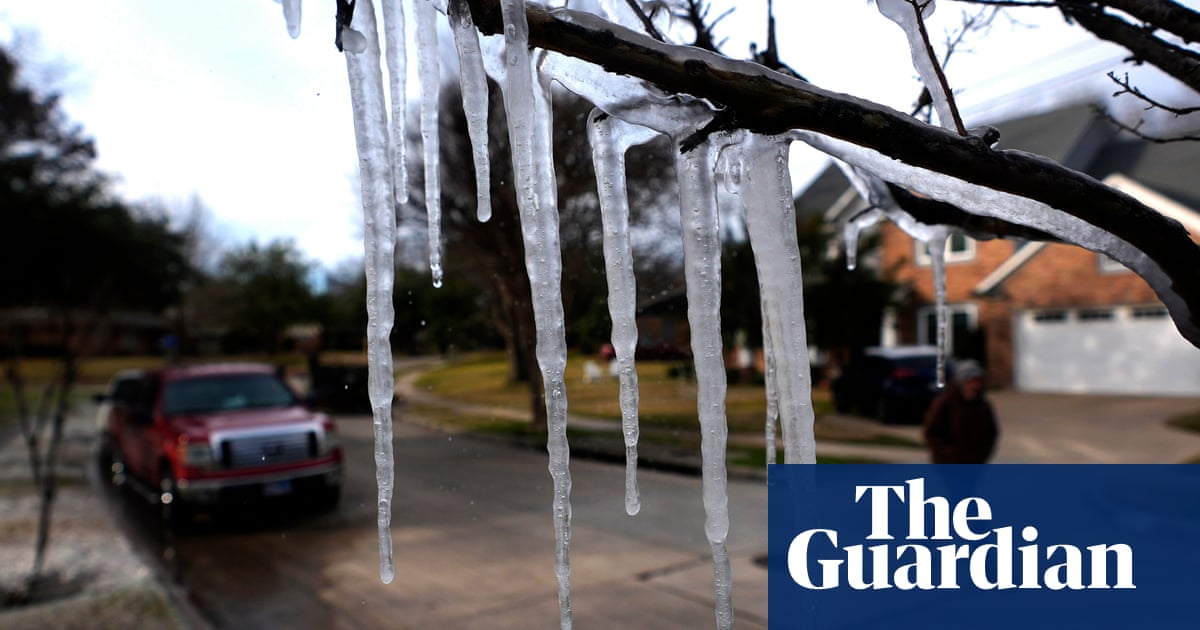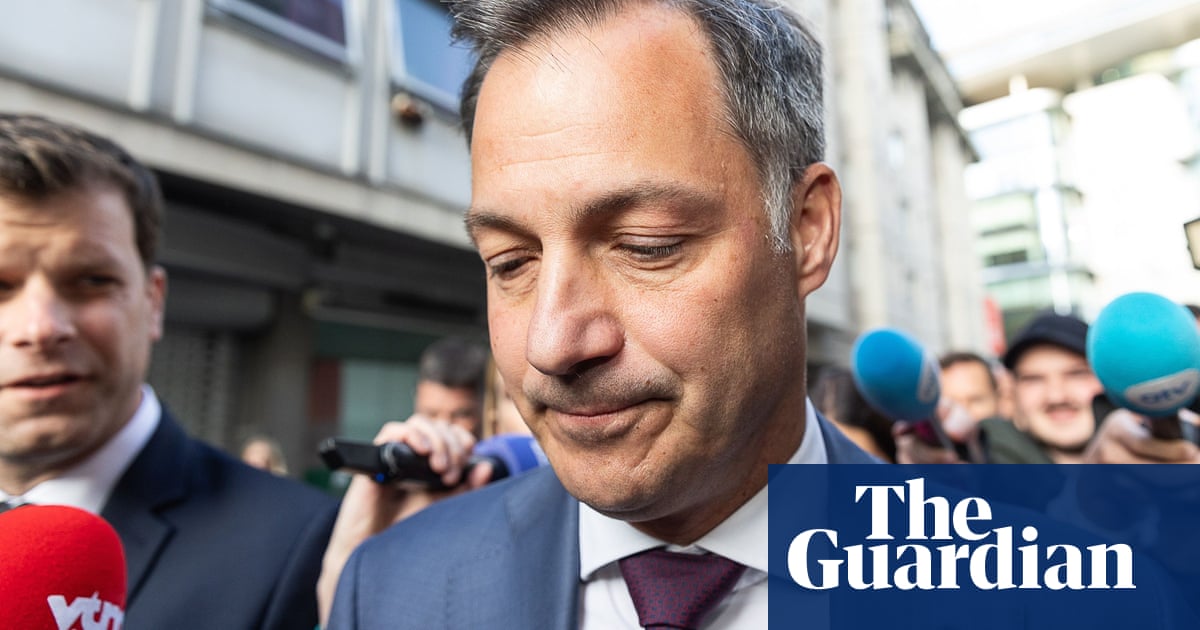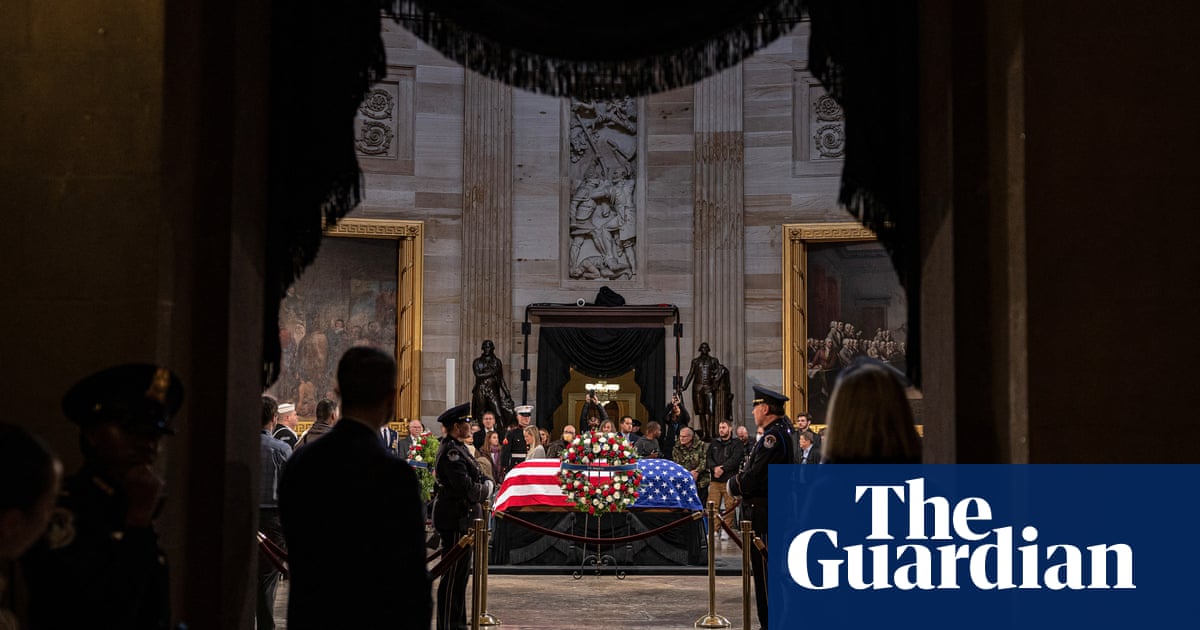Germany’s centre-right opposition leader has called for an immediate vote of confidence to be held in parliament, after Olaf Scholz’s ruling coalition collapsed.
Friedrich Merz, chair of former chancellor Angela Merkel’s party, the Christian Democratic Union (CDU), stands to profit most from the bombshell developments in Berlin, one day after Donald Trump’s election as US president upended the global political landscape.
In a hastily called news conference on Wednesday night after firing his finance minister – the leader of the liberal Free Democrats (FDP), Christian Linder – Scholz had laid out a roadmap for the coming weeks, including a formal confidence vote in January that would have led to a snap election, probably in March.
But on Thursday morning, Merz, who is in a strong position to become the country’s next leader, rejected that timetable out of hand, saying there was “absolutely no reason to wait to put off the confidence vote to January”.
“The end last night is the end of the traffic light,” Merz said, referring to Scholz’s three-way coalition government, “and hence the end of this mandate”.

The opposition leader told reporters his parliamentary group had agreed unanimously that Scholz should schedule the confidence vote by next week “at the latest”, after which the country’s president, Frank-Walter Steinmeier, would have 21 days to dissolve the Bundestag lower house of parliament. That would probably pave the way to a snap election in late January.
Merz said those three weeks could be used constructively to determine whether there was common ground between his CDU and the remaining government parties, Scholz’s Social Democrats (SPD) and the Greens, to tackle pressing issues including the next federal budget. He was to hold talks with Scholz and then Steinmeier later on Thursday.
A bitterly fought debate on Germany’s fiscal priorities triggered the ultimately fatal rift with the FDP and Scholz has expressed hope he can reach an agreement on the budget in the interim with the centre-right.
“I am of course ready to have talks … and assume responsibility,” Merz said, but he implied the deal would be off if Scholz intended to drag his feet on a new political start for the country.
The Christian Social Union, the CDU’s Bavarian sister party, took a harsher tone, with its parliamentary leader Alexander Dobrindt saying that Germany in its current condition, with weak economic growth and a crisis in manufacturing, “simply can’t afford to be in a chancellor coma”.
He said allowing a government without a majority in parliament to limp along until spring would be “arrogant and disrespectful” to voters.
The far-right Alternative für Deutschland party, which stands to make gains from the political upheaval and is now polling at about 17%, just ahead of Scholz’s SPD, is also pushing for a fresh elections as soon as possible.
The foreign minister, Annalena Baerbock of the Greens, on public broadcaster ARD defended Scholz’s designated schedule as “paving the way for an orderly transition”.
“Because order is the most important thing in these insecure times,” Baerbock said, pointing to the outcome of the US presidential election and Germany’s “key responsibility” in Europe as the world’s third largest economy.

.png) 2 months ago
16
2 months ago
16













































